The Ohanaeze Youth Council (OYC) has condemned the conviction of Indigenous People of Biafra (IPOB) leader, Nnamdi Kanu, warning that the ruling could lead to “unimaginable and unavoidable consequences” across the South-East.
In a statement on Friday, OYC National President, Comrade Igboayaka O. Igboayaka, described the judgment delivered by Justice James Omotosho of the Federal High Court, Abuja, as “purchased,” “politically motivated,” and a “direct provocation” to the Igbo people.
Igboayaka said the conviction amounted to a “miscarriage of justice” allegedly engineered to satisfy “political oppressors and profiteers,” adding that the ruling had further eroded public confidence in the judiciary.
He warned that the development had echoes of the tensions that preceded the Nigerian Civil War of 1967–1970.
“It is clear that the Nigerian government under President Bola Ahmed Tinubu has fallen into a political trap concerning Nnamdi Kanu’s conviction, and the consequences will be unimaginable,” he said.
The OYC leader argued that the verdict unjustly portrayed Kanu, IPOB, and the Igbo people as terrorists.
“Mazi Nnamdi Kanu is not a terrorist. Ndigbo are not terrorists. The world, including the United States under President Donald Trump, knows those responsible for terrorism,” he added.
Igboayaka also questioned the legal foundation of the ruling, accusing Justice Omotosho of carrying out a “national assignment” influenced by political forces in Nigeria and the United Kingdom. He accused the judiciary of protecting public figures such as former President Muhammadu Buhari, ex-Kaduna governor Nasir El-Rufai, and cleric Sheikh Ahmad Gumi, whom he said had made incendiary statements without consequence.
The group cautioned that Kanu’s conviction could inflame anger among younger Igbo generations.
“The events of 1967–1970 will not repeat themselves. Any sudden provocation will be met with formidable resistance,” it warned.
The OYC insisted that calls for a referendum or self-determination do not constitute terrorism, arguing that more than “10 million individuals in Igboland” share Kanu’s views.
Kanu was sentenced to life imprisonment on Thursday after the court found him guilty on seven terrorism-related counts. His legal team has vowed to appeal the verdict, describing it as unconstitutional and politically influenced.
The ruling has intensified debates over ethnic marginalization, separatist agitation, and Nigeria’s handling of self-determination movements.
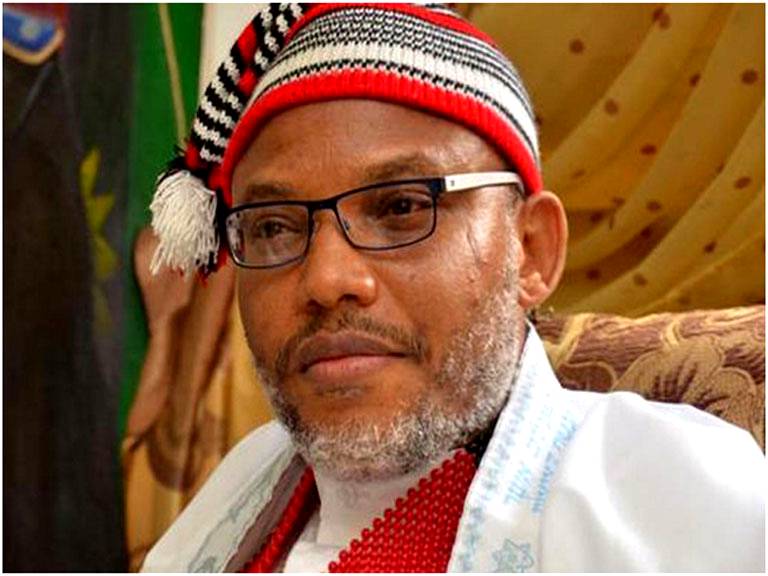

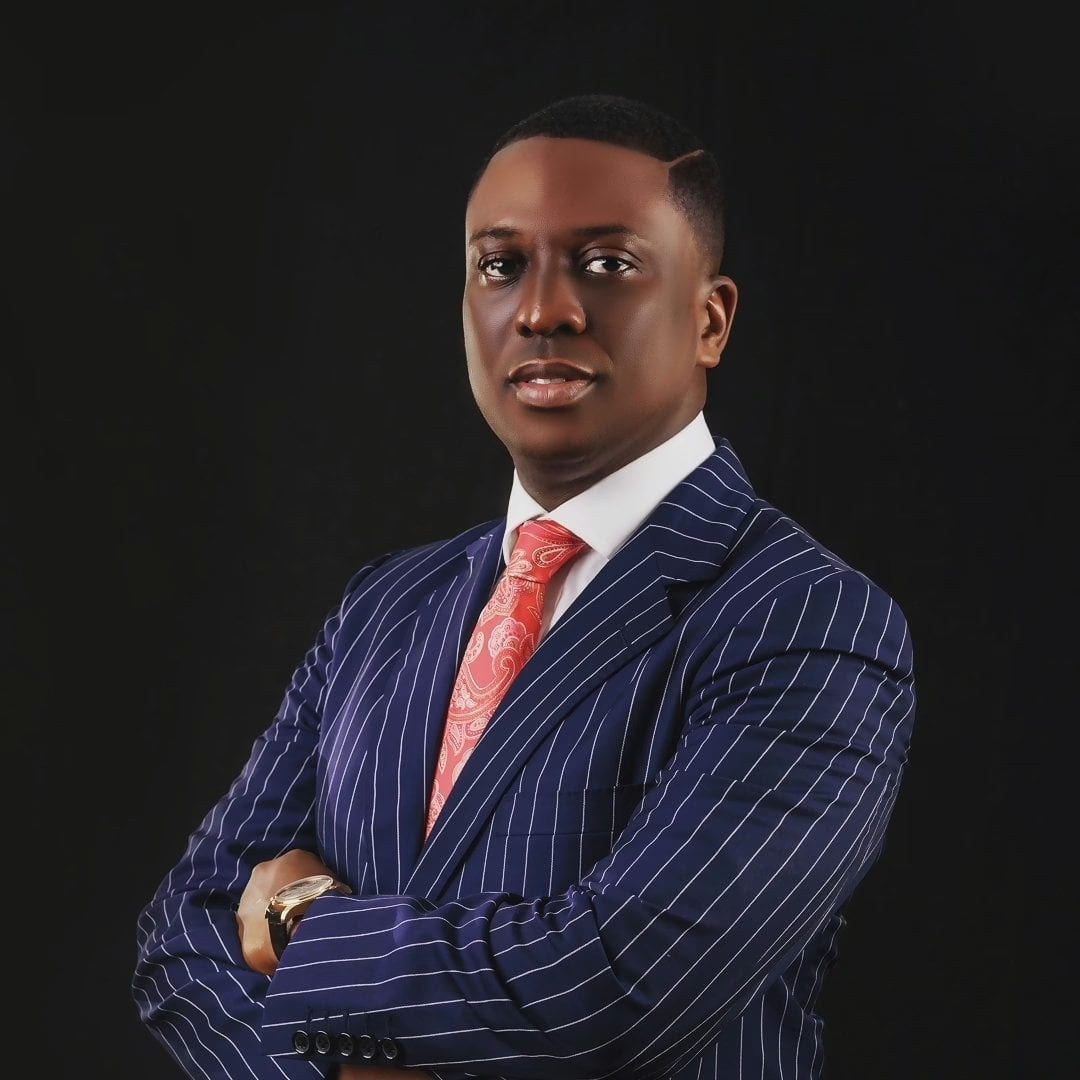
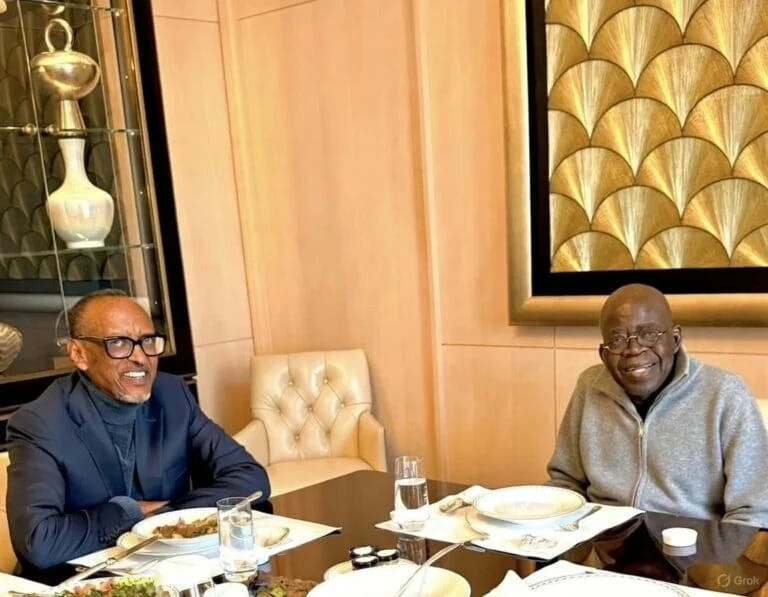
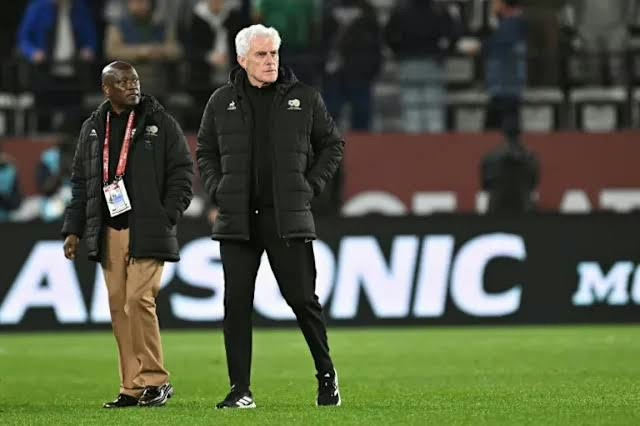
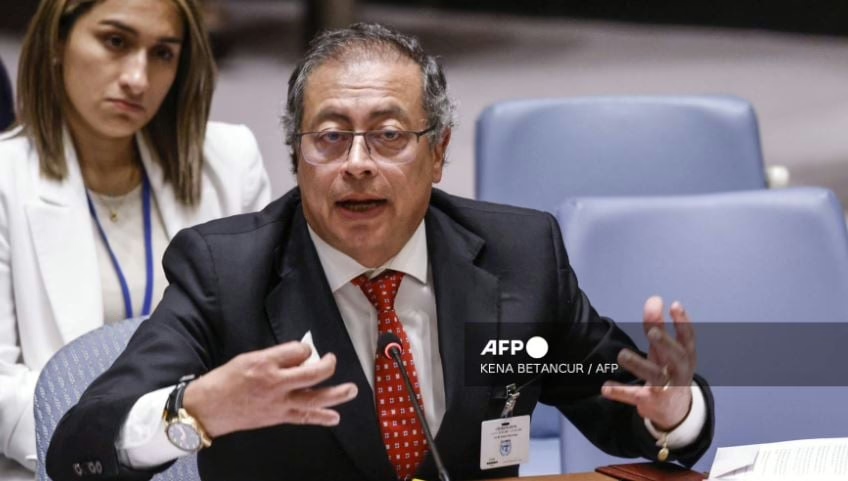


Leave a Reply